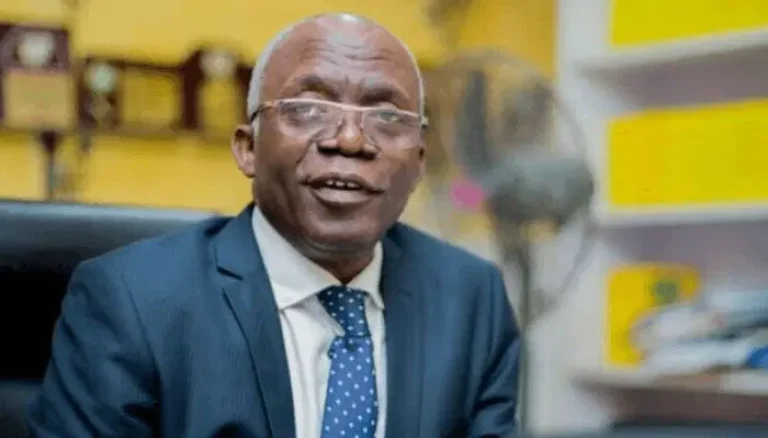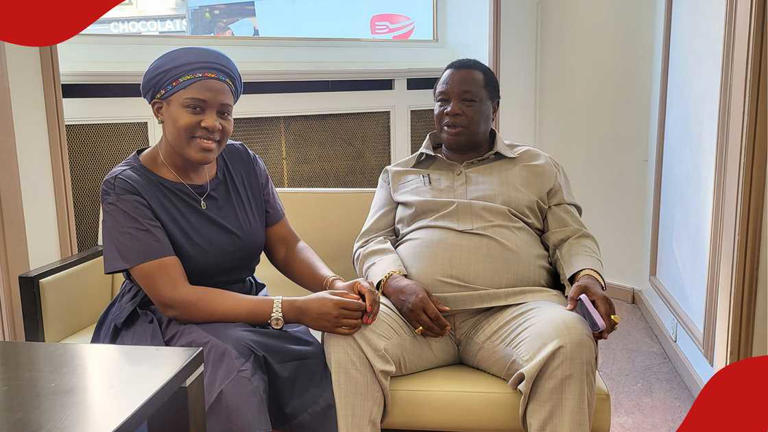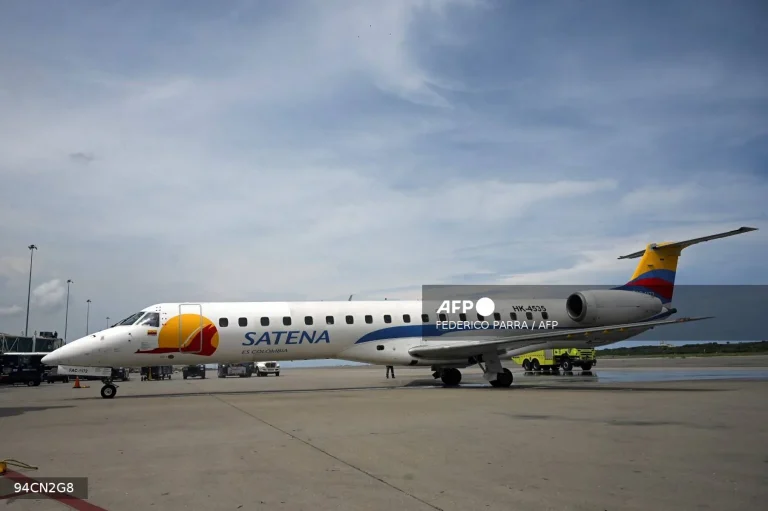
The Muhammadu Buhari-led Federal Government has, in recent years, prioritized the development of the Niger Delta region of the country.
This is seen in the myriad of developmental projects littered across the area and executed through the Ministry of Niger Delta Affairs and the Niger Delta Development Commission (NDDC).
Recently, during the 12th edition of the Buhari administration scorecard series, in Abuja, the Minister of Niger Delta Affairs, Mr Umana Okon Umana, reeled out the administration’s scorecard as it relates to development in the oil-rich region.
At the event, Mr. Umana listed the construction of 1,874km of roads, the completion of 44 electrification projects, and the provision of 162 portable water facilities as part of the achievements of the administration of President Muhammadu Buhari in the region during the last seven years.
According to Umana, the Ministry of Niger Delta Affairs completed more than 393km of the roads while the Niger Delta Development Commission (NDDC) accounted for more than 1,481km. According to him, the roads, water and electricity projects were delivered across the nine states of the Niger Delta region.
The Minister said during the period, the Ministry and the NDDC also delivered 288 transformers, 11,411 solar-powered street lamp posts, 44 school projects, 17 agro-processing plants, 21 social centres, and 15 market stalls to the region.
Other highlights in the Minister’s scorecard included the completion of the head office building of the NDDC in Port Harcourt and the construction of a multi-skills acquisition centre with a 500-student boarding capacity in each of the nine states of the Niger Delta region.
The skills acquisition centre in Bayelsa State was completed and handed over to the Federal University of Otuoke, adding that two other centres completed in Ondo and Imo are awaiting presidential approval for handover to tertiary institutions in those states.
In the area of infrastructural development, the Minister further highlighted that the total tally of hard infrastructure projects in various sectors delivered by the government to the Niger Delta region during the reporting period stands at 2, 786, made up of 580 delivered by the Ministry and 2, 206 by the NDDC.
The Buhari-led administration, the Minister said, has also performed credibly in terms of social programmes. Mr Umana hinted that 6, 293 women and youths were trained and empowered with cash and equipment worth N5.5 billion. Each of the trainees received cash support ranging from N300,000 to N500,000 and starter packs. Materials delivered to the trainees included tractors, tricycles, sewing, grinding and hair-dressing machines.
According to him, among the trainees were 3,864 non-militant youths and women who were trained in agriculture and its value chain, while 224 motorized tillers were delivered to the farmers. Training was also mounted for 75 youths in maritime dredging and photography, he said. The Minister said about 5000 youths and community stakeholders were engaged in peace and security programmes during the period.
Umana explained that the key policy focus of the Ministry of Niger Delta Affairs during the period included the maintenance of peace and security, coordination of development initiatives based on the harmonization of the various development plans into one holistic roadmap, and the repositioning of the NDDC for effective service delivery.
He explained that the forensic audit ordered by the government into the activities of the Commission and the subsequent publication in the media of both completed and cancelled projects under the Commission was part of the repositioning process for transparency and accountability. Stressing that the government had directed, based on the recommendations of the forensic auditors, that contracts for 4000 projects should be terminated for non-performance. Of this number, the Minister said, details of 1,250 have been published in the media, adding that more would be published soon.
Umana further explained that the Ministry of Niger Delta Affairs was deepening transparency and accountability with the publication of annual reports and a statistical digest on its operations, and promised to further strengthen good governance with the publication of compendiums of completed projects by both the Ministry and NDDC in the first quarter of next year.
The Minister thanked President Buhari for showing a special interest in the development of the Niger Delta region as demonstrated in the inauguration of members of the 7th governing board of the Niger Delta Development Commission ( NDDC), and his gracious approval for the hosting of Niger Delta Development Commission Board and Management retreat in Uyo, from January 19- 22, 2023. and also for approving the release of NDDC money recovered from oil companies for use in the development of core infrastructure projects in the region.
Moreso, President Muhammadu Buhari and the Minister of Niger Delta Affairs, Mr Umana Okon Umana have done their very best in the development of the Niger Delta region, In addition to the formal inauguration of the 7th Niger Delta Development Commission(NDDC) Governing board on January 4, 2023.
By putting to rest months of agitation from various Niger Delta groups and stakeholders of the region to the Federal government for the substantive board for the agency, the Governing board now have to reciprocate by swinging into action immediately, by making sure that all ongoing projects that have a direct impact on the people of the region are completed without further delay.
Finally, Nigerians and Niger Deltans are now expecting to see the rapid development of the region by the NDDC Governing board in the next four years of their tenure. They should pay particular attention to the security of lives and property and the protection of the poor and weak in society. That NDDC should improve its youths and women empowerment programmes. NDDC should also consider implementing legacy projects that have the potential to benefit the people of the region, reduce poverty and improve the conditions of living of the people.
(Vanguard)








